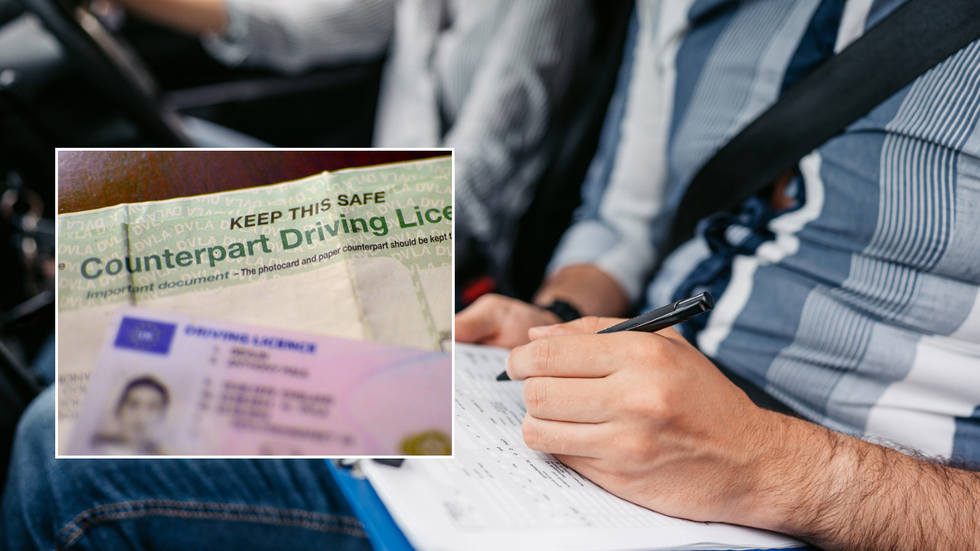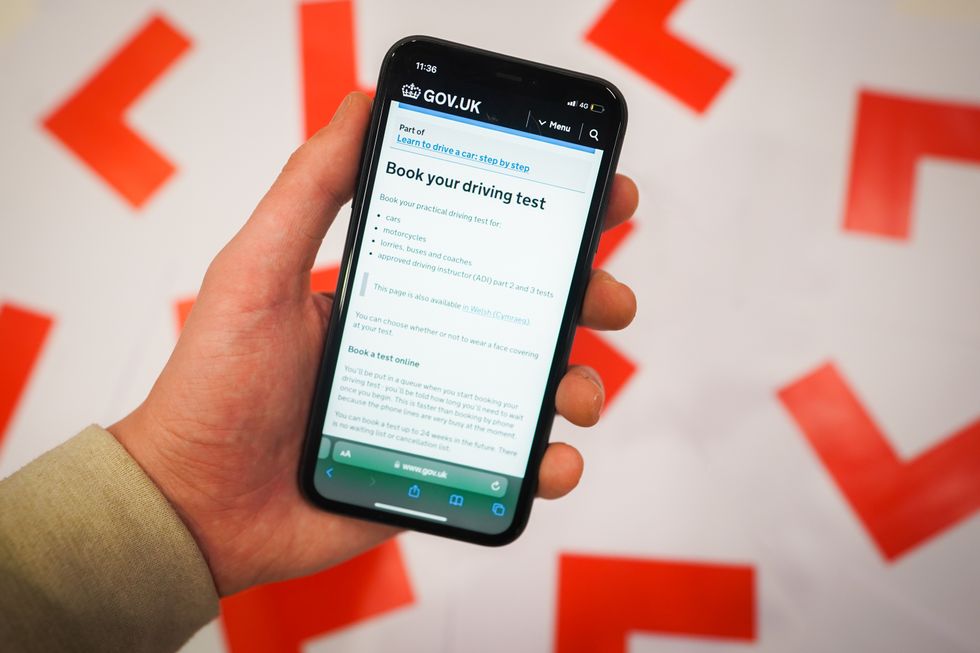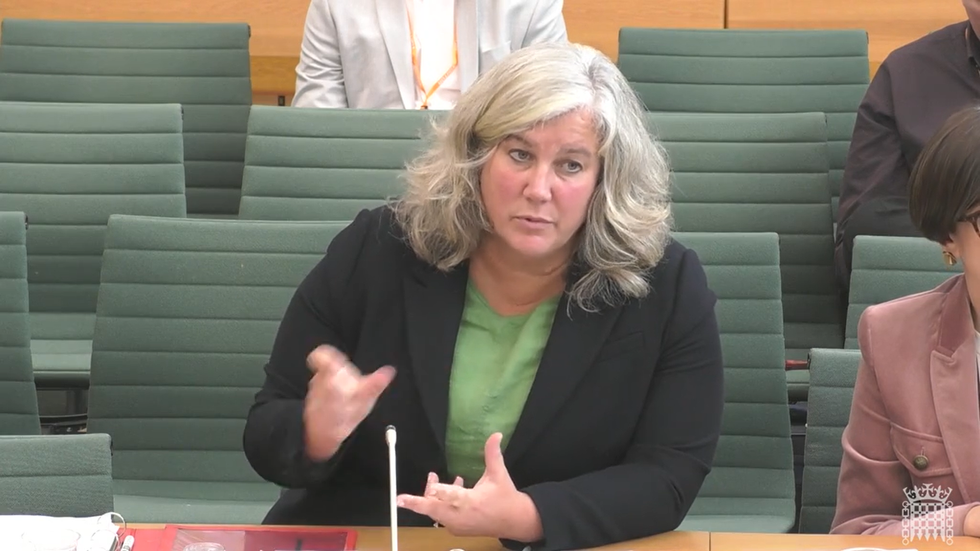Labour has announced several changes to driving tests in a bid to urgently improve wait times for motorists, which includes military action for the first time.
Transport Secretary Heidi Alexander unveiled three immediate interventions to address the driving crisis, which the DVSA will now take forward.
Under the new measures, the Government will restrict how frequently learners can modify or relocate their test bookings, limiting the geographical area for any changes.
Additionally, new legislation will ensure only learners themselves can reserve test slots, preventing third-party exploitation.
Ms Alexander told the Transport Committee: “We are going to be limiting the number of times that a driver can move or swap a test, and we will limit the area that they can move a test to once they’ve booked it.”
On top of the changes, the Labour MP for Swindon South also announced a partnership with the Ministry of Defence School of Transport, which will provide military driving examiners to help reduce the backlog in waiting times for tests.
The Ministry of Defence will deploy 36 Defence Driving Examiners across England for 12 months, conducting tests one day weekly at centres experiencing the greatest demand. The move hopes to deliver approximately 6,500 additional tests for drivers.
Armed Forces Minister Al Carns explained that the Armed Forces “have always been ready to step up when the country needs them, and this is another example of that commitment in action”.

The arrangement, costing an estimated £100,000, allows military examiners to maintain their professional standards while addressing driving testing shortages across the UK.
These examiners typically assess service personnel operating vehicles ranging from standard cars to fuel tankers and armoured carriers.
Commenting on the changes, Steve Gooding, director of the RAC Foundation, said: “It is good to see steps being put in place to put a stop to those touting tests to frustrated learners – candidates stuck in the queue should at least be reassured that they aren’t being elbowed aside by those simply seeking to make a quick buck.
“What will really deter the touts and tackle the queues would be a return to the more reasonable pre-Covid waiting time for tests, which we hope the arrival of a platoon of military examiners alongside the new DVSA recruits will help deliver.”
LATEST DEVELOPMENTS
- Britons demand larger parking spaces amid calls for outdated 50-year-old laws to be scrapped
- Motorists to see major driving system delayed until 2026 as ‘gridlock’ fears force action
- Electric cars mark ‘turning point’ on UK roads as petrol and diesel sales grind to a halt – ‘Crystal clear’

The need for military support comes after the transport authority warned that it had inherited substantial delays in driving test booking slots from the previous administration.
The DVSA announced plans last year to reduce this backlog with the aim of reducing waiting times to just seven weeks by December this year.
However, today Ms Alexander conceded that Labour will not achieve its commitment to reduce driving test waiting periods to seven weeks by summer 2026.
“I can’t sit here today and tell you that I’m going to meet the summer 2026 deadline either,” Ms Alexander told MPs during the committee session.

The Secretary acknowledged that current approaches by the DVSA proved insufficient to manage persistently high demand. The new measures also aim to target companies exploiting the shortage by reselling slots at inflated prices.
Jacob Collier, Labour MP for Burton and Uttoxeter, welcomed the announcement but referenced reports of learners paying a whopping £850 for tests.
“We’ve seen a period of time where you’ve got third parties booking up these slots for driving tests and then selling them on at hugely inflated prices,” Ms Alexander confirmed.
She explained that limiting who can book a test will mean that third parties will no longer be able to resell tests at inflated prices.
Our Standards:
The GB News Editorial Charter







Follow